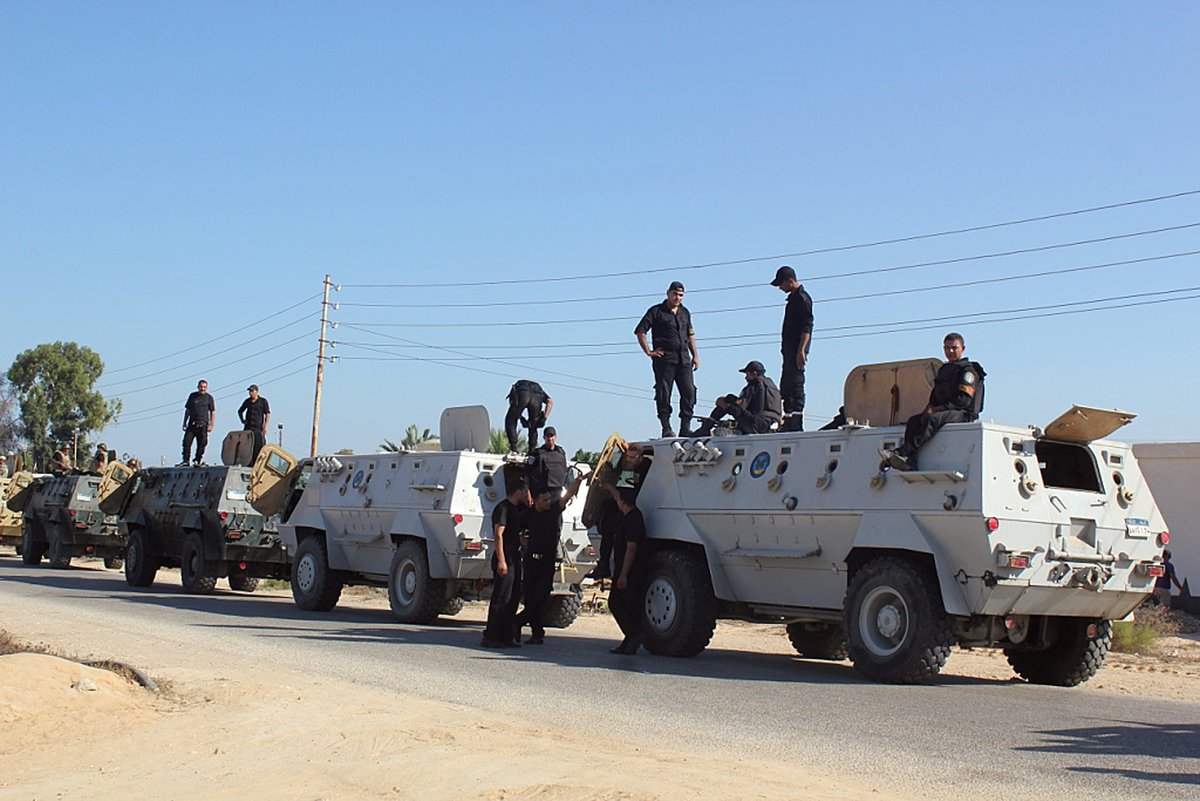CAIRO: The 34th anniversary of the 6th of October Arab-Israeli war in 1973 has seen the spectrum come from one end to the other as those who were once enemies and fought against each other now live in peace, albeit a cold one.
The 1973 victory, which came six years after the defeat in the 1967 Suez war, marked a reprieve, a catharsis of sorts.
For while all parties accepted a UN brokered ceasefire to end the fighting, Egyptian forces did manage to penetrate the Bar-Lev line, at the time the mightiest most impenetrable military wall in the world, as Israel liked to boast.
If anything, that feat alone represented a triumph of will for the Egyptian soldier, vaunted for his bravery and recognized by many military analysts who look back on the war.
Intelligence researcher Nabil Farouk told Daily News Egypt that claims that the war did not constitute a victory for Egypt was off the mark.
“Look at events before and after the war. You achieved your goals; it is not a stipulation that you claim all your land in battle, he said, “they [the Israelis] had to sit down with us and talk, and this was a victory.
“We need to be realistic, Farouk said, “we entered the war with much less resources than our opponents so to achieve what we did is a victory. In essence it was a victory for the Egyptian soldier, because he was poorly equipped in comparison to his Israeli opponent.
“Israel doesn’t give anything for free, if they had completely won then they would not have given us anything, or deigned to talk to us, he added.
“It wasn’t a complete victory, Farouk said, “but there rarely are complete victories. The only cases of that are like the example of the 1967 war, where one army attacks and the other retreats completely.
The 1973 war began with a surprise military push by Egyptian and Syrian forces on the 6th of October, which fell on the 10th of Ramadan that year as well as the Jewish holiday Yom Kippur.
Yom Kippur is the most sacred of Jewish holidays, and the Arab plan aimed for that day because Jews who observe it refrain from using electricity, machinery and communication tools. The attack was code-named Operation Badr (full moon) in reference to the Battle of Badr where the Prophet Mohammed (PBUH) led Muslims to victory over the Quraysh clan in Mecca.
Then President Anwar Sadat deliberately sent out masses of disinformation and cultivated a climate of deception which led Israeli intelligence and decision-makers to believe that Egypt was not ready to wage war.
Israelis also assumed, correctly, that Syria would not wage war without Egypt, but because they miscalculated Egypt’s readiness to go to war, they didn’t expect Syria to attack even when they amassed troops near the border.
The initial crossing of the Suez Canal was a resounding success as all but one of the forts on the Bar-Lev line fell to Egyptian forces.
On October 13, the United States began an airlift of supplies known as Operation Nickel Grass to Israel to help fortify its military forces.
A reversal occurred the following day when an Egyptian attack meant to ease pressure off Syrian forces engaged in furious fighting with the Israeli army, failed with losses of between 150 and 250 tanks.
On October 15, Israeli forces launched a massive counterattack, cutting through Egyptian forces. They managed to surround the Egyptian Third army by violating a ceasefire called for the by the UN Security Council with tacit approval from the United States.
Resolution 338 called for all military activity to cease immediately but a memorandum of conversation between US Secretary of State Henry Kissinger and Israeli Prime Minister Golda Meir indicated American willingness to turn a blind eye for the night the ceasefire was due to take affect as satellite surveillance would not be able to tell if fighting had stopped or not. “You won t get violent protests from Washington if something happens during the night, while I m flying. Nothing can happen in Washington until noon tomorrow, Kissinger told Golda Meir.
Major fighting ended on October 26, and Egyptian Major General Muhammad Al-Gamasy met with Israeli Major General Aharon Yariv to discuss terms of disengagement.
Years after the war, Egypt and Israel began peace talks as Sadat traveled to Israel and spoke in front of the Knesset. Eventually a peace agreement was reached in 1977 and signed in Camp David in the US.
Sinai was returned to Egypt in 1982 and the final part of Egyptian soil, Taba, was returned in 1988.
Finally, Farouk said, “the war was a victory just for lifting the sense of defeat off the Egyptian people and armed forces from the 1967 war. That alone was the most important victory.


